-
Critic's Rating - 8/108/10
Sacred Games TV Series
The current Indian television scene, with the arrival of Netflix, reminds me of a scene from Gangs of Wasseypur. It is interesting that the director of GOW is Anurag Kashyap, who plays an active part in the whole tectonic shift of the Television scene in India by being an integral part of Sacred Games. I am talking about the very first scene of GOW, a long scene involving a shootout. The scene starts with a family watching the highly popular Kyun ki Saas bhi kabhi Bahu thi on TV, as the perpetrators round up the house and the shootout breaks out, the first bullet is hit to the TV that is playing the daily soap. Kudos to Phantom, the same production house, to fire the first bullet of Original content on the atrocious TV shows that we otherwise harbor.
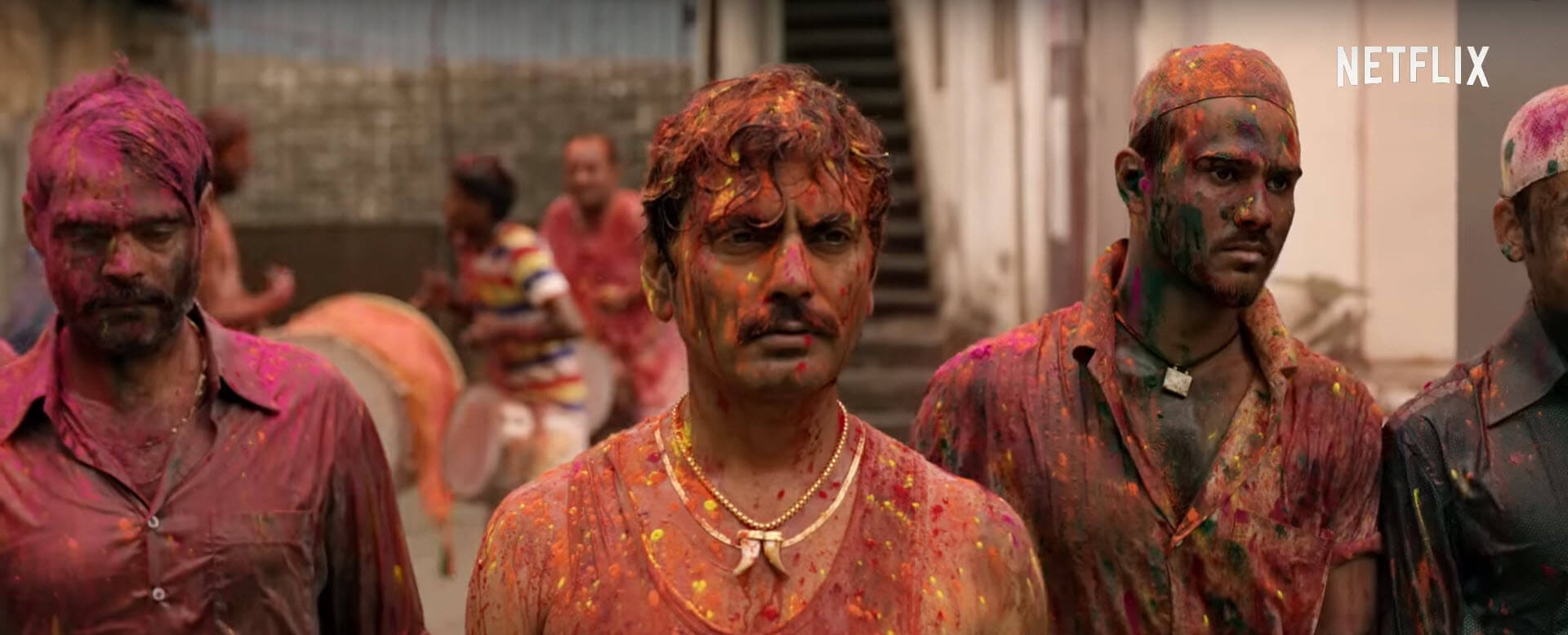
Sacred Games, India’s first Netflix Original series, is based on an award winning book of the same name, written by Vikram Chandra. It is tricky to label Sacred Games with a single genre. The story traverses into many aspects of socio-political significance that plague our nation, intertwined into a Gangster thriller. The one-liner is that a good for nothing cop gets a shocking piece of information about the Mumbai City being destroyed within 25 days and no one except Trivedi will be alive.

Vikramaditya Motwane directs the story of Sartaj, the upright, yet unsuccessful police officer who is out of shape and takes sleeping pills. Anurag Kashyap directs the story of Ganesh Gaitonde, which is more his biography, charting along the lines of an immaculate documentary of the making of a Criminal. The decision to divide the direction duties between two of India’s best filmmakers, works like gold. The major achievement of this problematic show is that the contrasting styles of direction play against each other beautifully. Vikram’s restrained storytelling is expertly complimented by Anurag’s dazzling filmmaking. Coming together of these two styles results in some sparkling episodes that are pure genius. In a scene in Vikram’s story where a very important character is murdered and we do not even see the dead body, we only get to see the reaction of the loved ones, those reactions too are subdued, the whole treatment of this very important scene is restrained; as opposed to a scene in Anurag’s story where Gaitonde ( Nawazuddin ) is in prison and decides to take on his rival gang, who are also prisoners and when the fight breaks out between the two gangs, the screen suddenly turns red, as if bleeding rage and madness and it is all captured in slow-motion, the flair in the treatment is trademark Kashyap, reminiscent of the Red interrogation room in the incredible Black Friday.
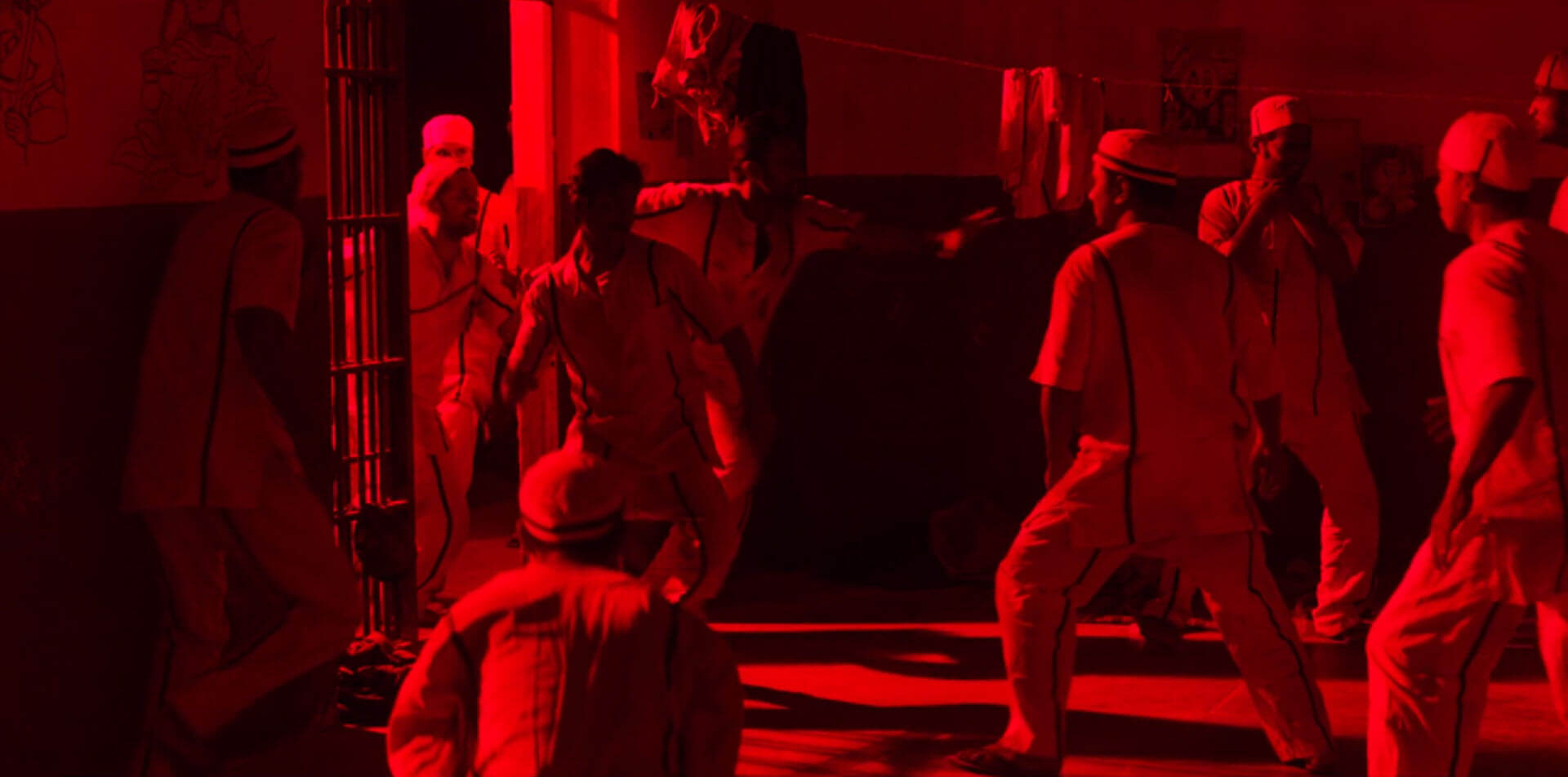
Sacred Games is certainly the right foot forward, with really exciting and original content. But, the most disconcerting thing about the show at times is, the writing. Although it is smart at places, the writing gets clunky and indulgent too. The result of one such indulgence is the character of the RAW agent, played by Radhika Apte. In a show that already has too much on its plate to address, simultaneously engaging the viewer with twists and turns of a proper thriller, the writing of this character, takes upon itself to act as a bearer of Gender equality. By the end of the show, the only purpose this character serves is to slightly motivate Sartaj and believe in him which no one else does. The character is present in almost every episode but all the screen time hardly amounts to anything and the character graph is straight as an arrow.
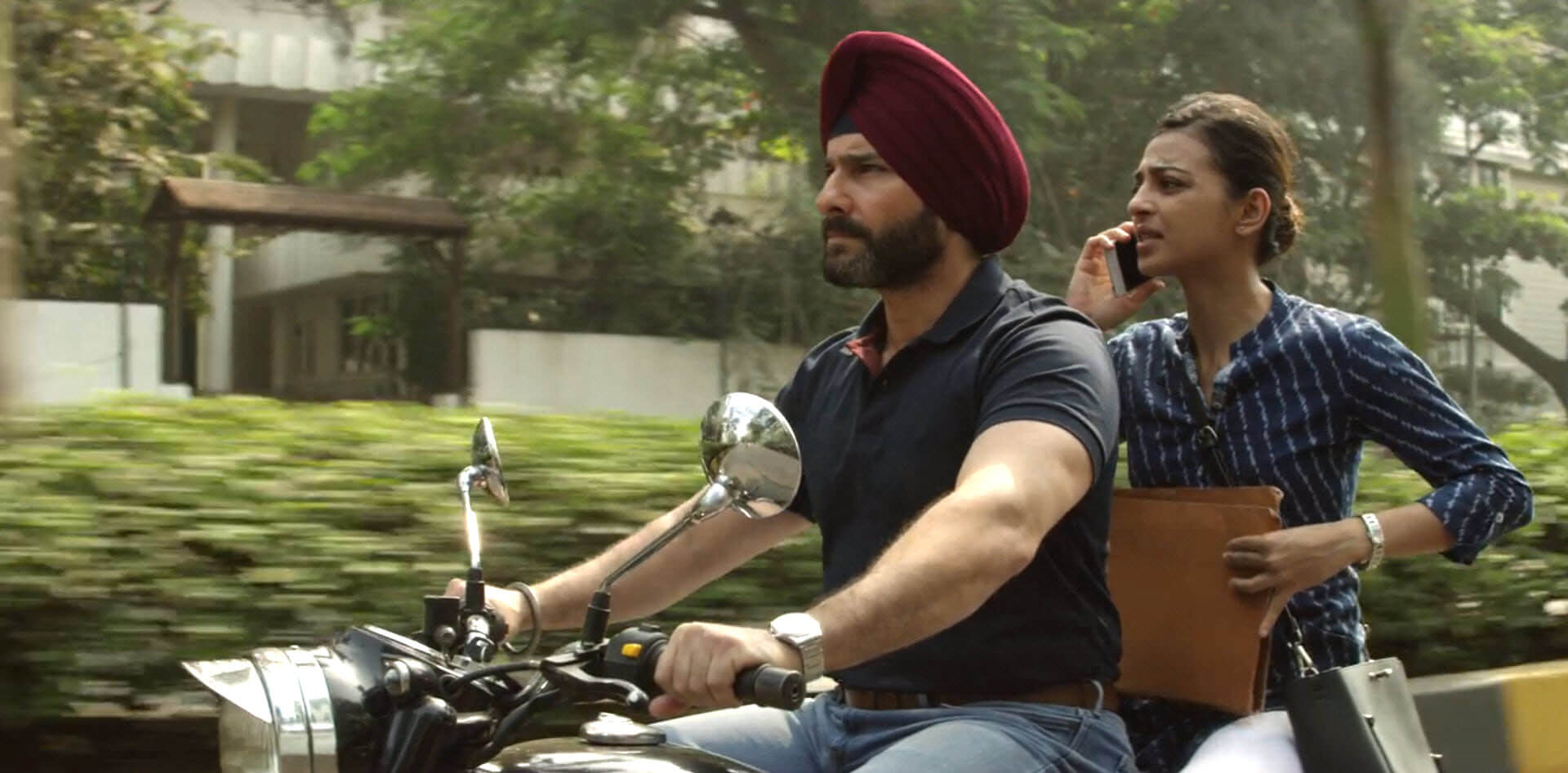
Another conspicuous writing flaw is in the Final episode of the season. Co-incidence has always been tricky in storytelling. How much co-incidence is fine and does not come across as jarring. Sacred Games heavily relies on co-incidence and it would not have been a problem if it was placed anywhere else in the story but the fact that it relies on co-incidence in the last few minutes of the Final episode is indicative of the show being cognizant of the fact that this is a finale and it needs to end on a bang; it all seems orchestrated. The lazy writing, by Varun Grover, who is one of our best writers, lets down a finale that is meant to leave you with a blow of anticipation and shock. The scene in which Saif realizes one of the main clues to Gaitonde’s information is extremely frustrating. The biggest revelation of the entire show, relies heavily on co-incidence and that happening right at the end, implies that the show knows that it has to end here and hence, the co-incidence. Poor writing.
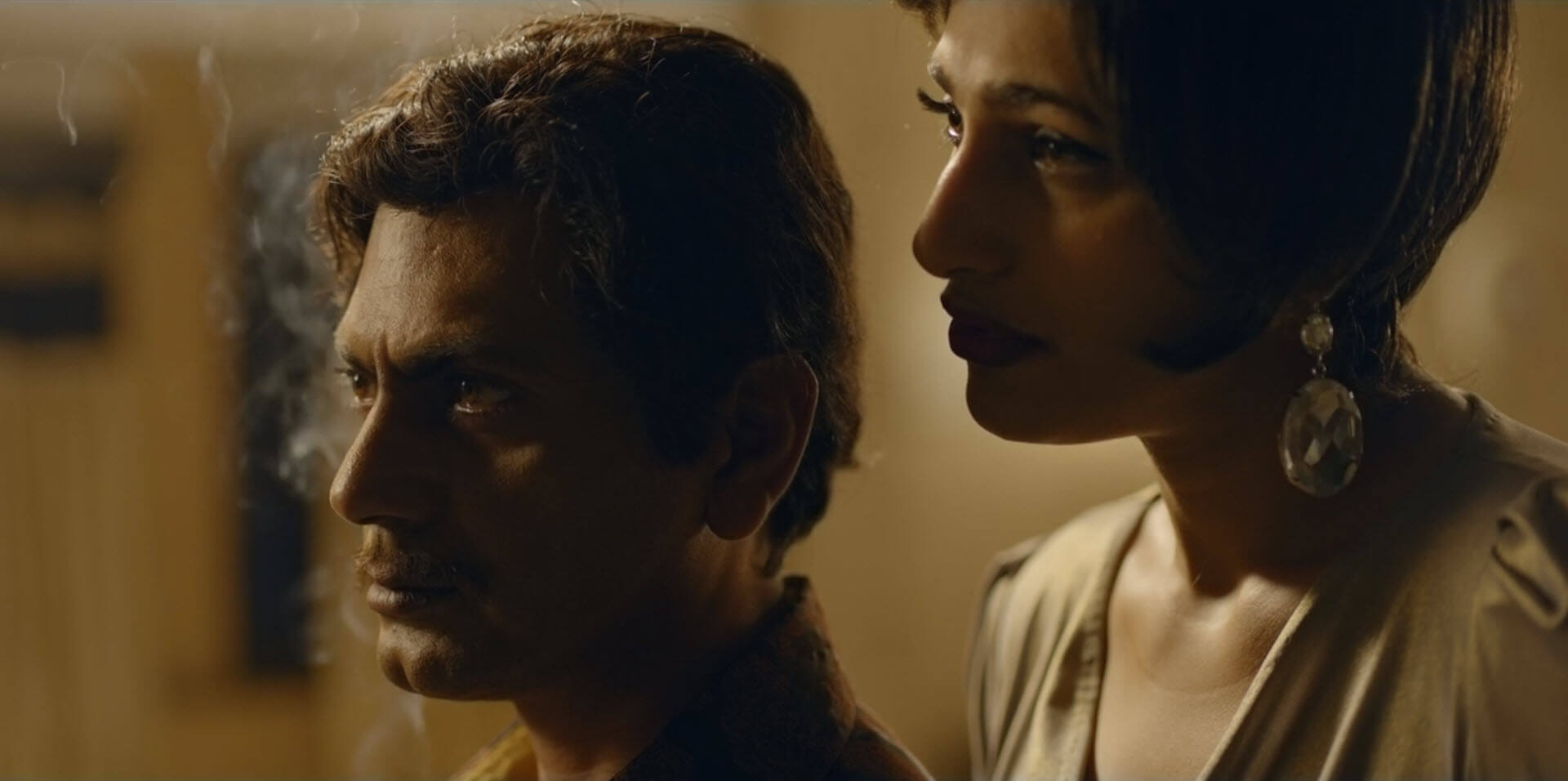
Two of the most frustrating problems with Sacred Games are due to the poor writing. Radhika Apte’s character being wasted as a mere, insignificant catalyst and the script’s reliance on convenient plot turns at crucial moments. Although, these are glaring problems, they can be overlooked, thanks to some extraordinary performances from each character that comes on screen. The number of discoveries of great acting talents this show has succeeded in making, Indian industry is certainly in abundance of fascinating actors. Special mention to the excellent Kubra Sait, who plays Kukoo in Gaitonde’s story; here is an actor whose screen presence gives Nawaz a run for his money. Saif Ali Khan is an actor who never ceases to surprise me. Kudos to him for underplaying a character which is already not very exciting. He carries an air of a loser around him in the first few episodes and as he is drawn into the lethal investigation process, distress and anger engulf him and the way he projects this change, without ever trying too hard, is exemplary. The ever-reliable Nawazuddin Siddiqui, does what he does best, completely owns every scene that he is in and it is fascinating how he plays a bad guy every time but each time it is a bad-guy with a unique sense of evil about him.
You may also like : Mindhunter (Netflix Original) Review: TV Series Explained
Contrasting storytelling styles, world-class acting, lazy writing and a rich story material that uses every social aspect possible, to intensify the dramatic effect of the story, contribute in making India’s first Netflix Original, a flawed gem but certainly a series to look forward to.


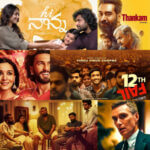





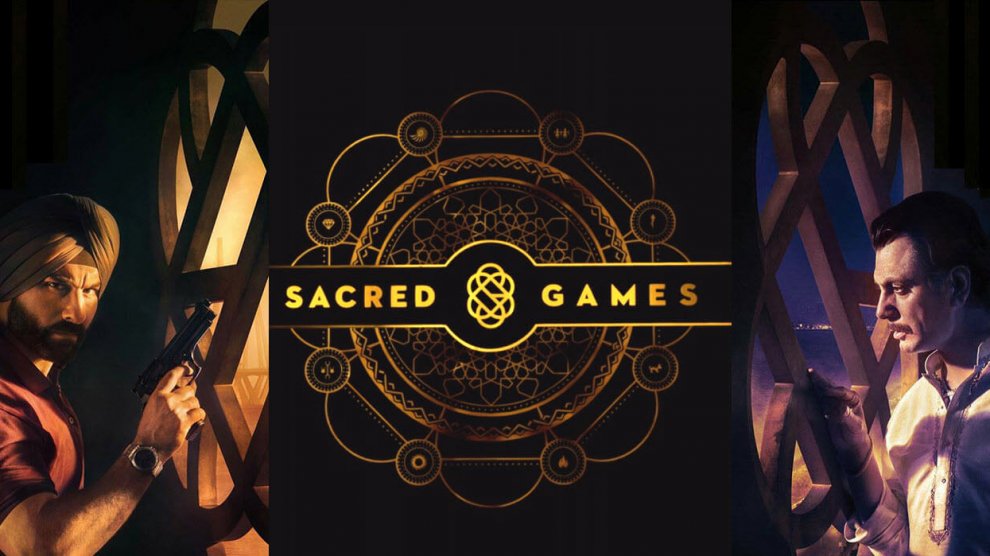







Add Comment